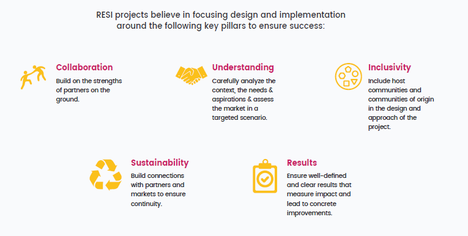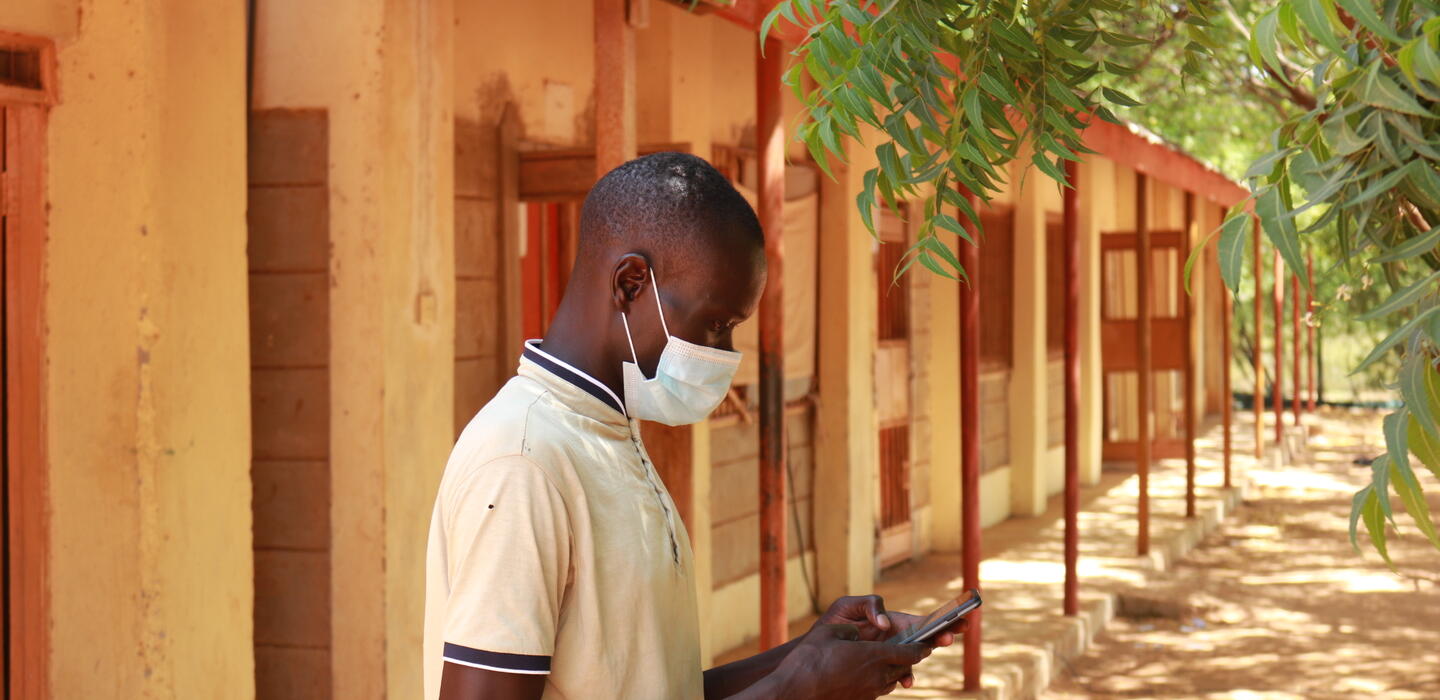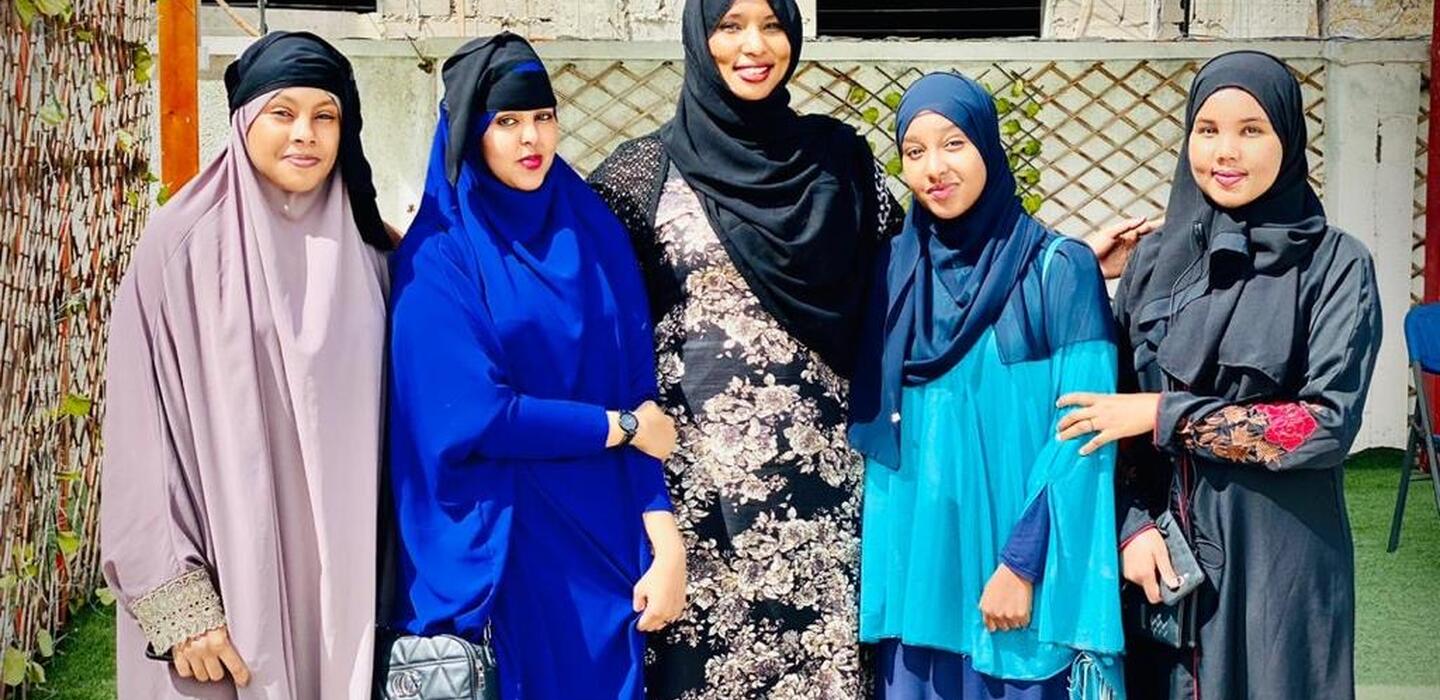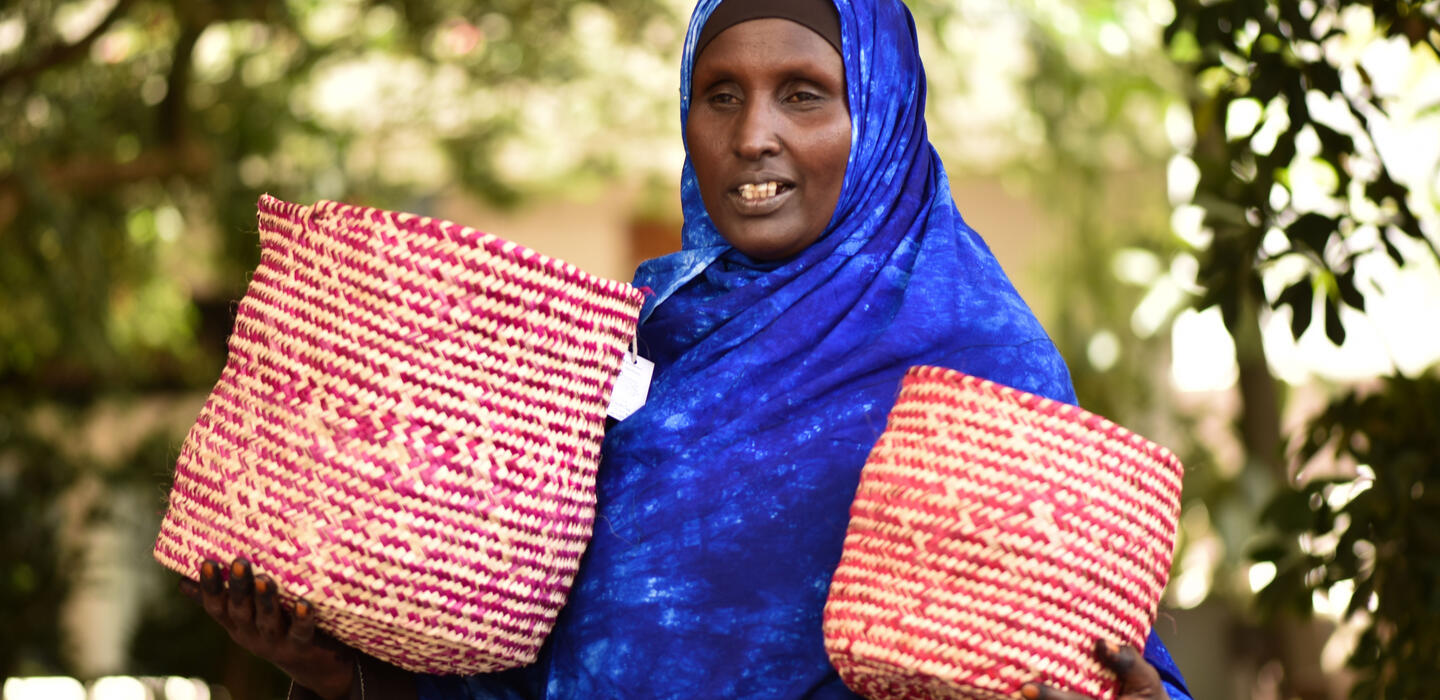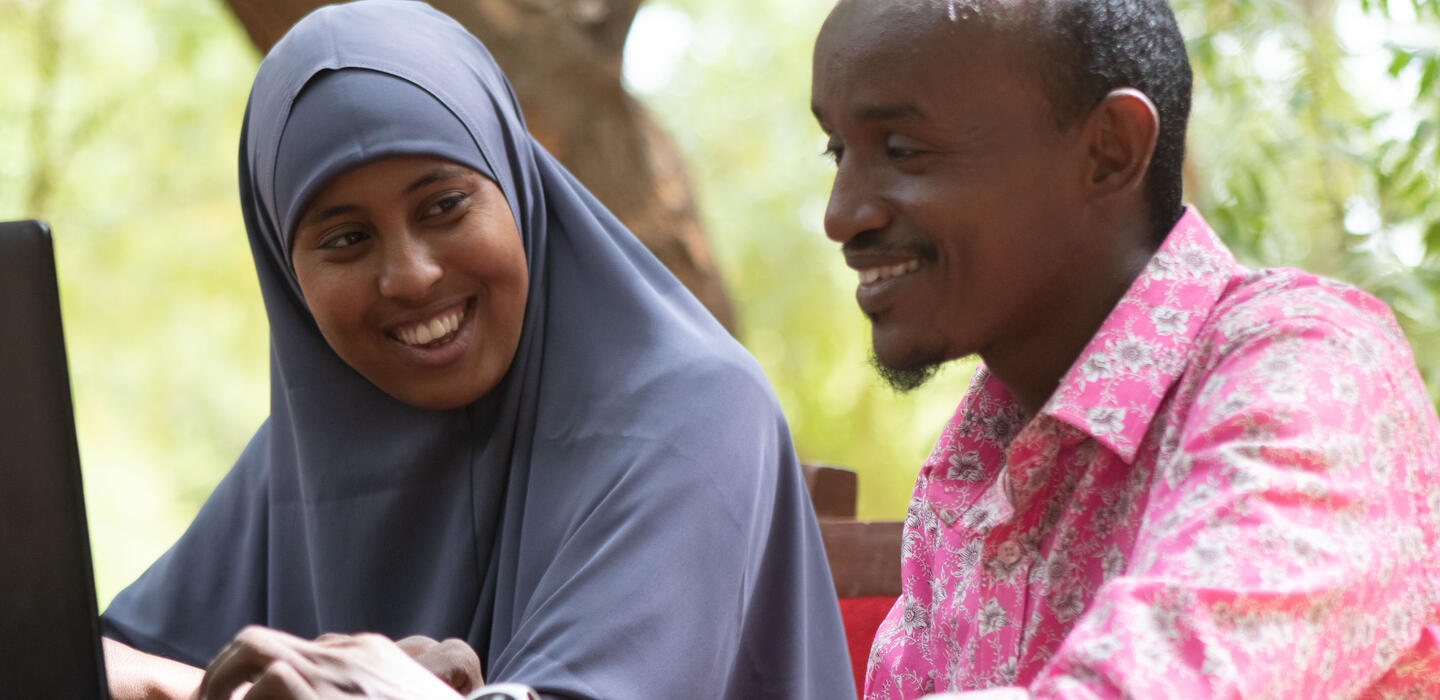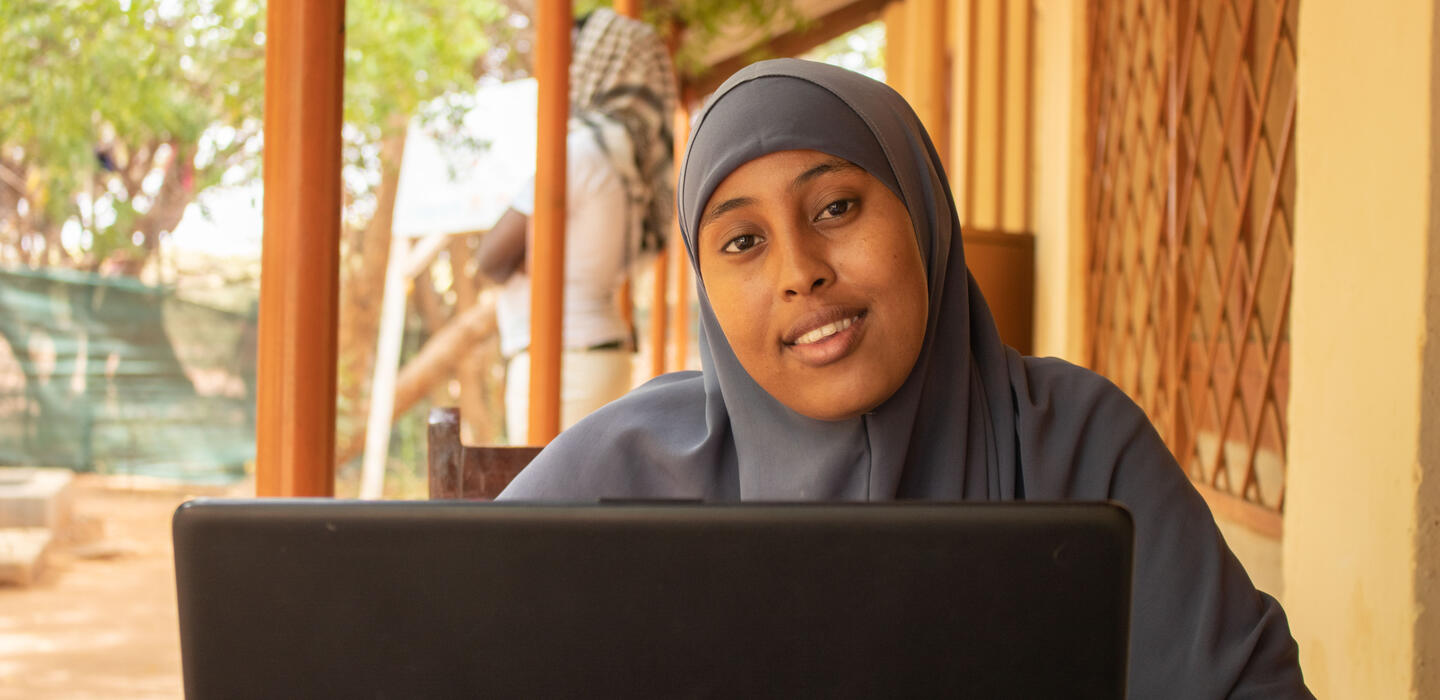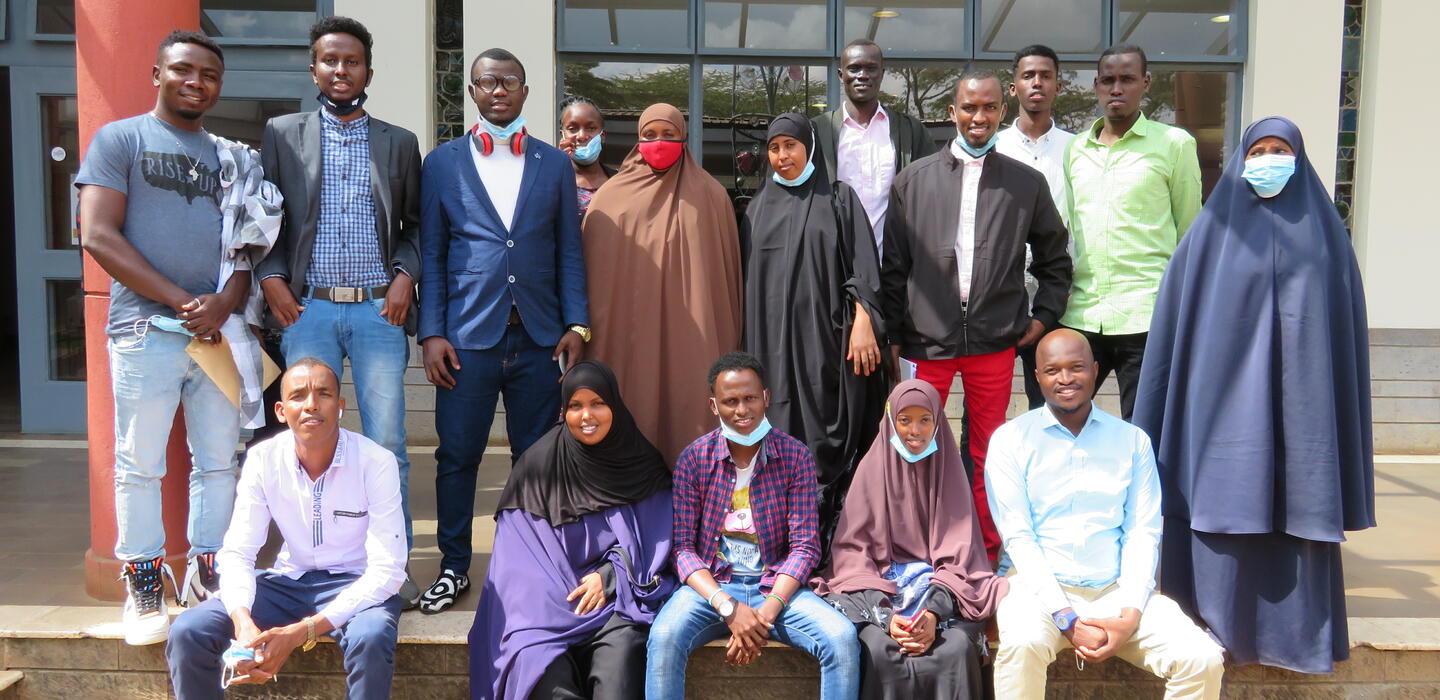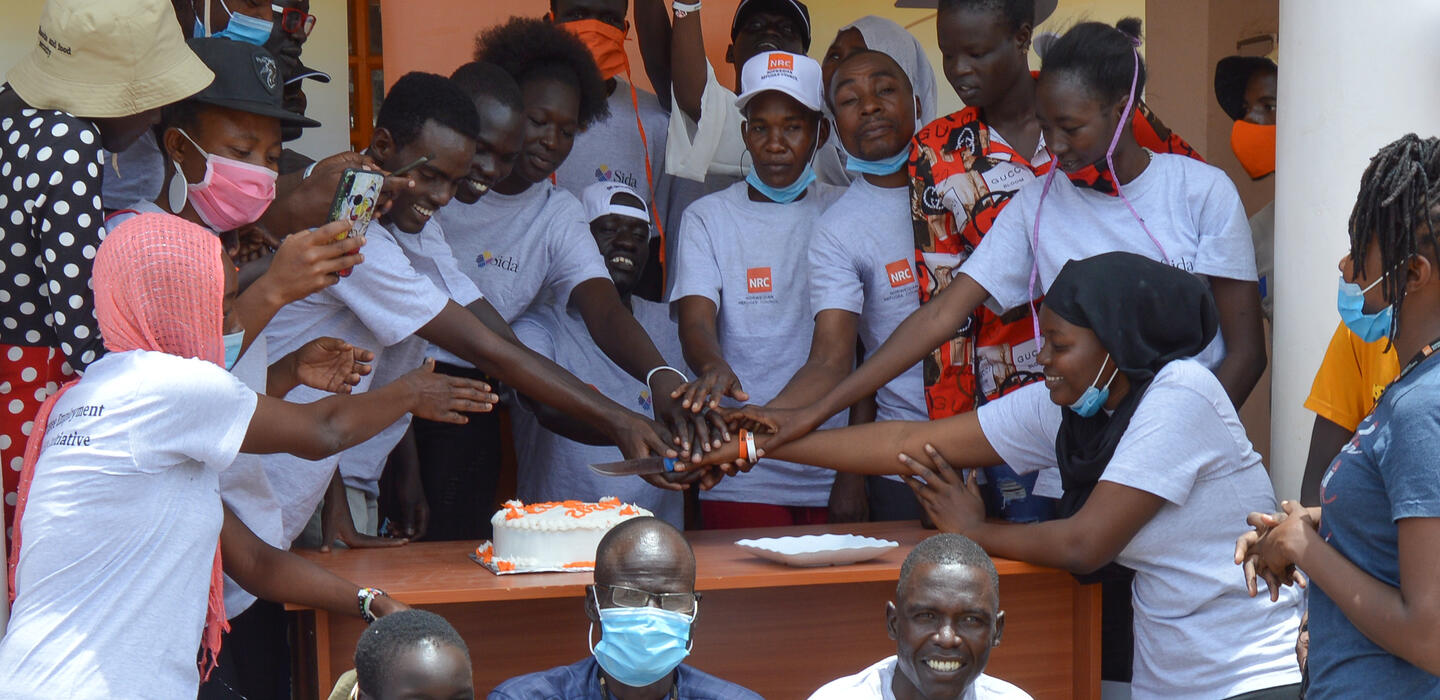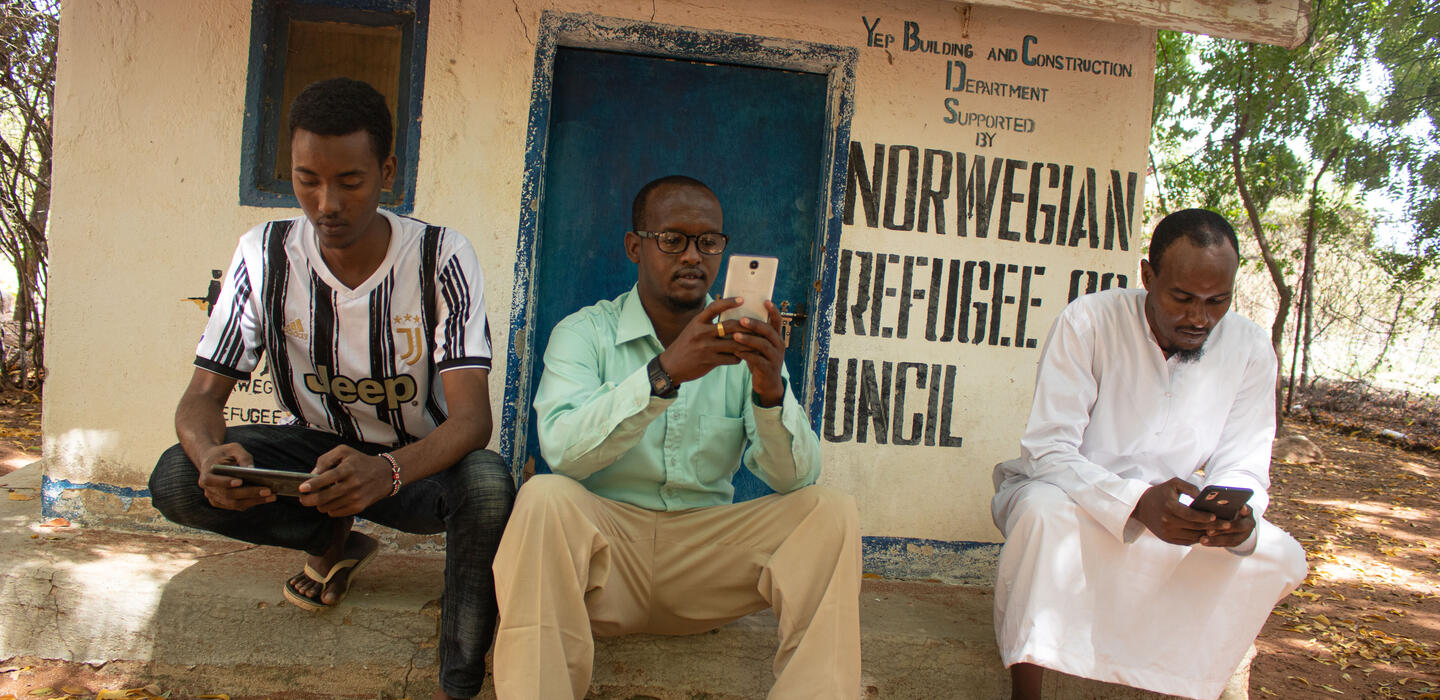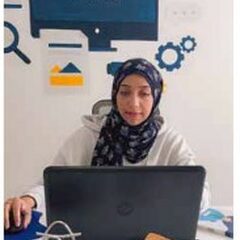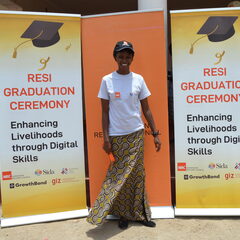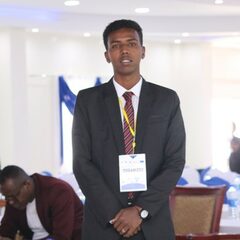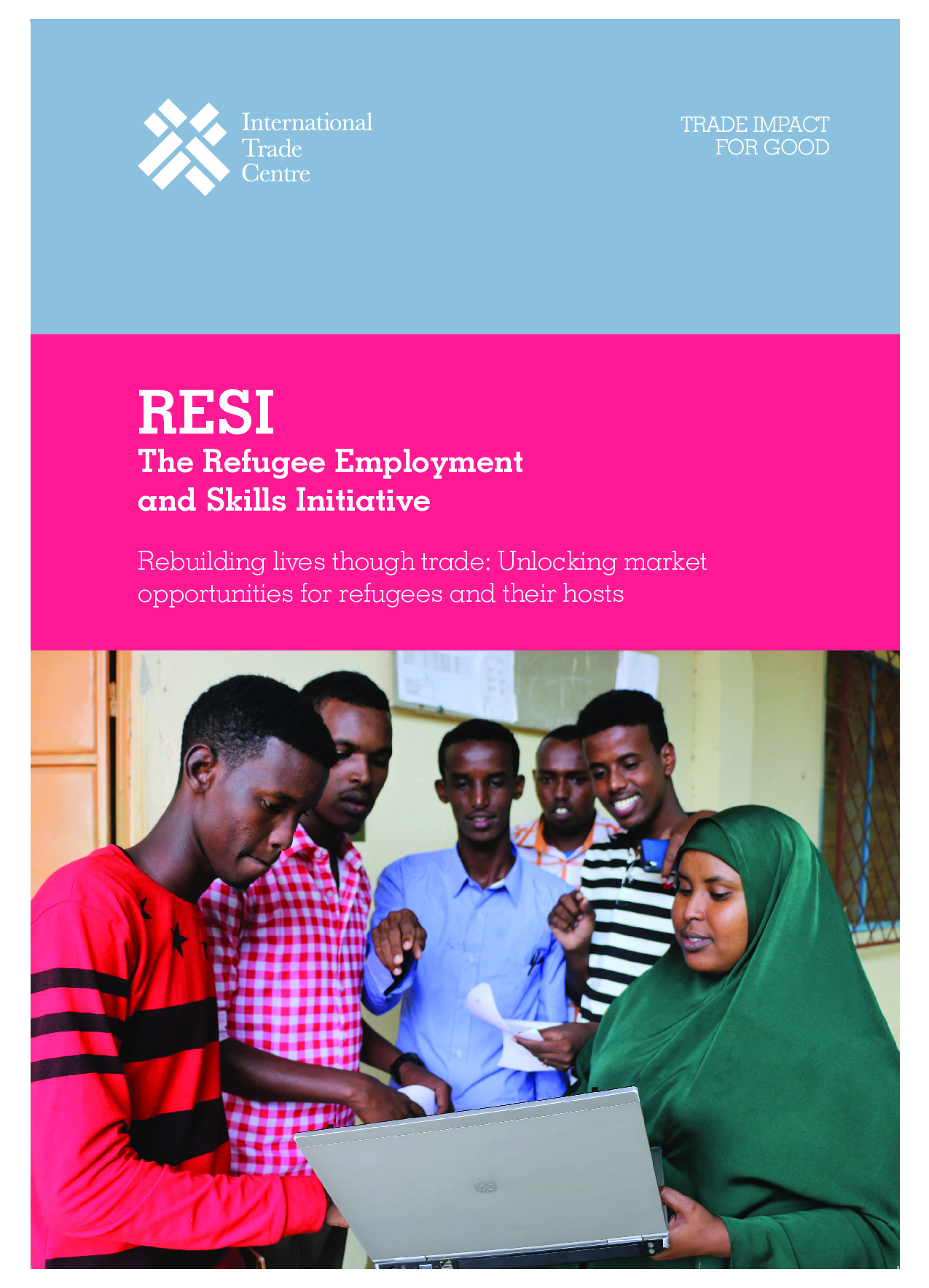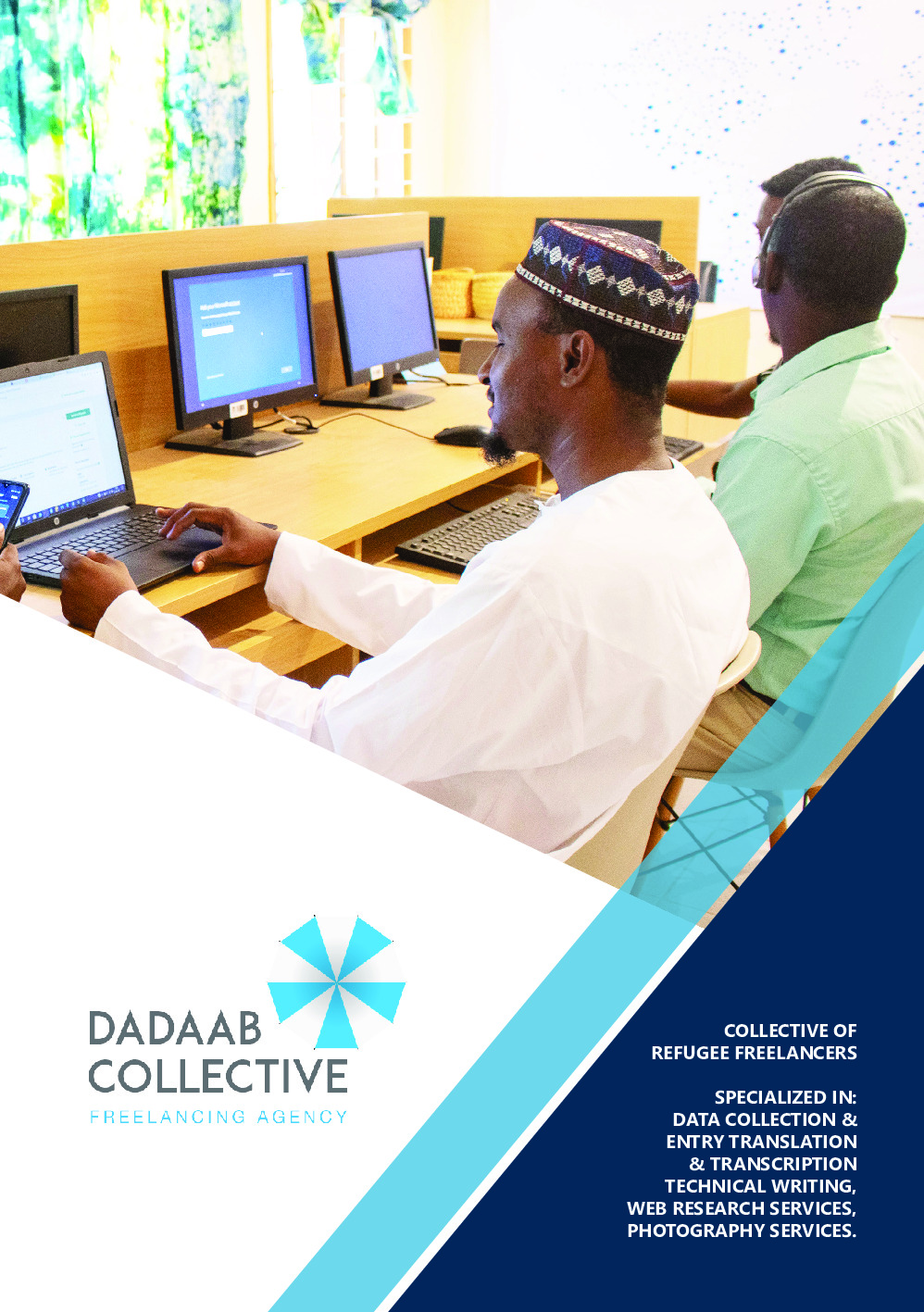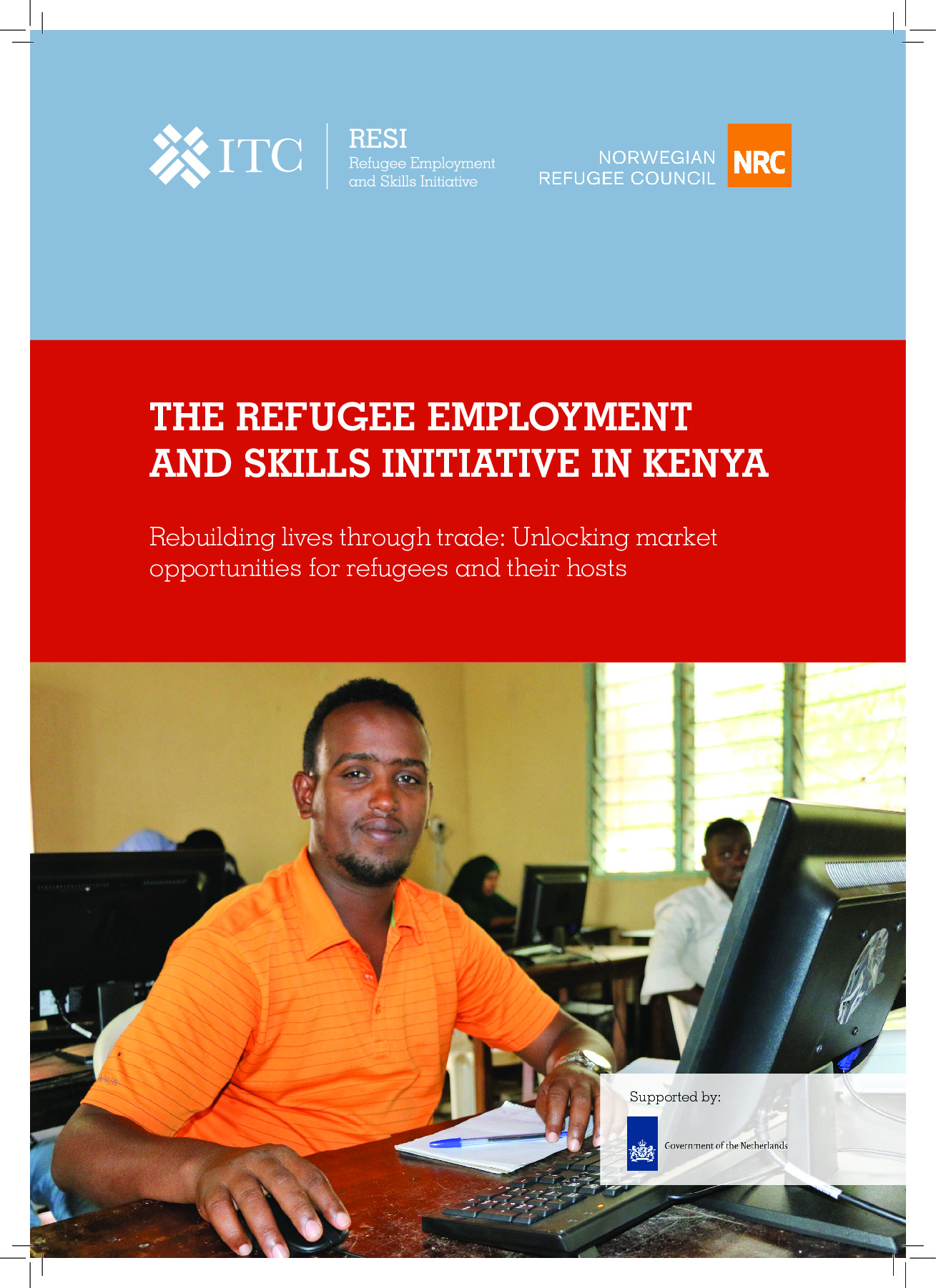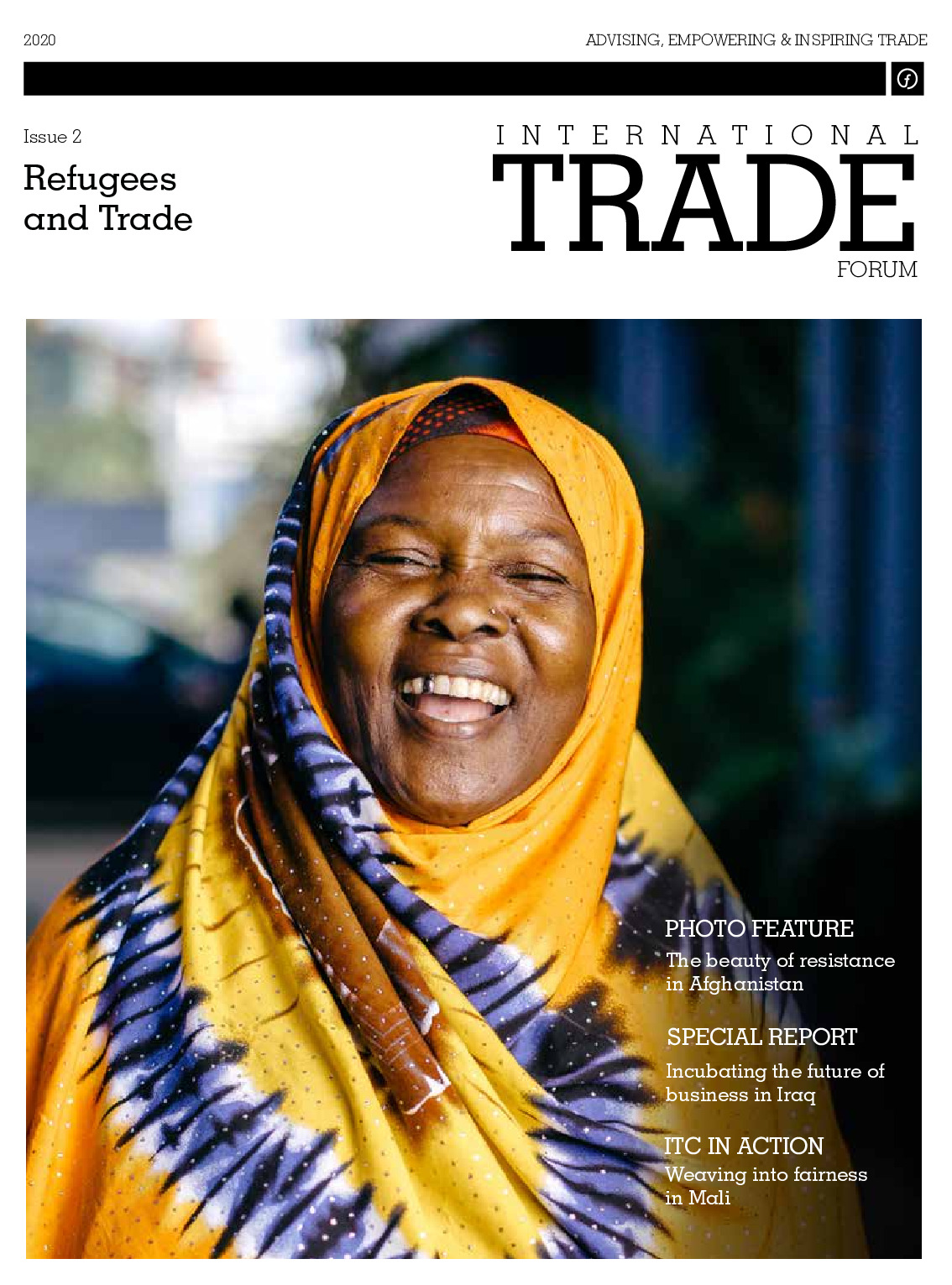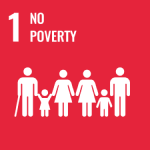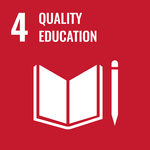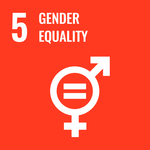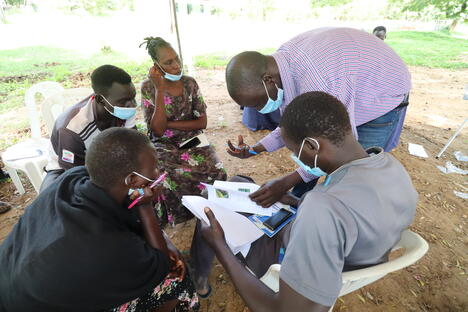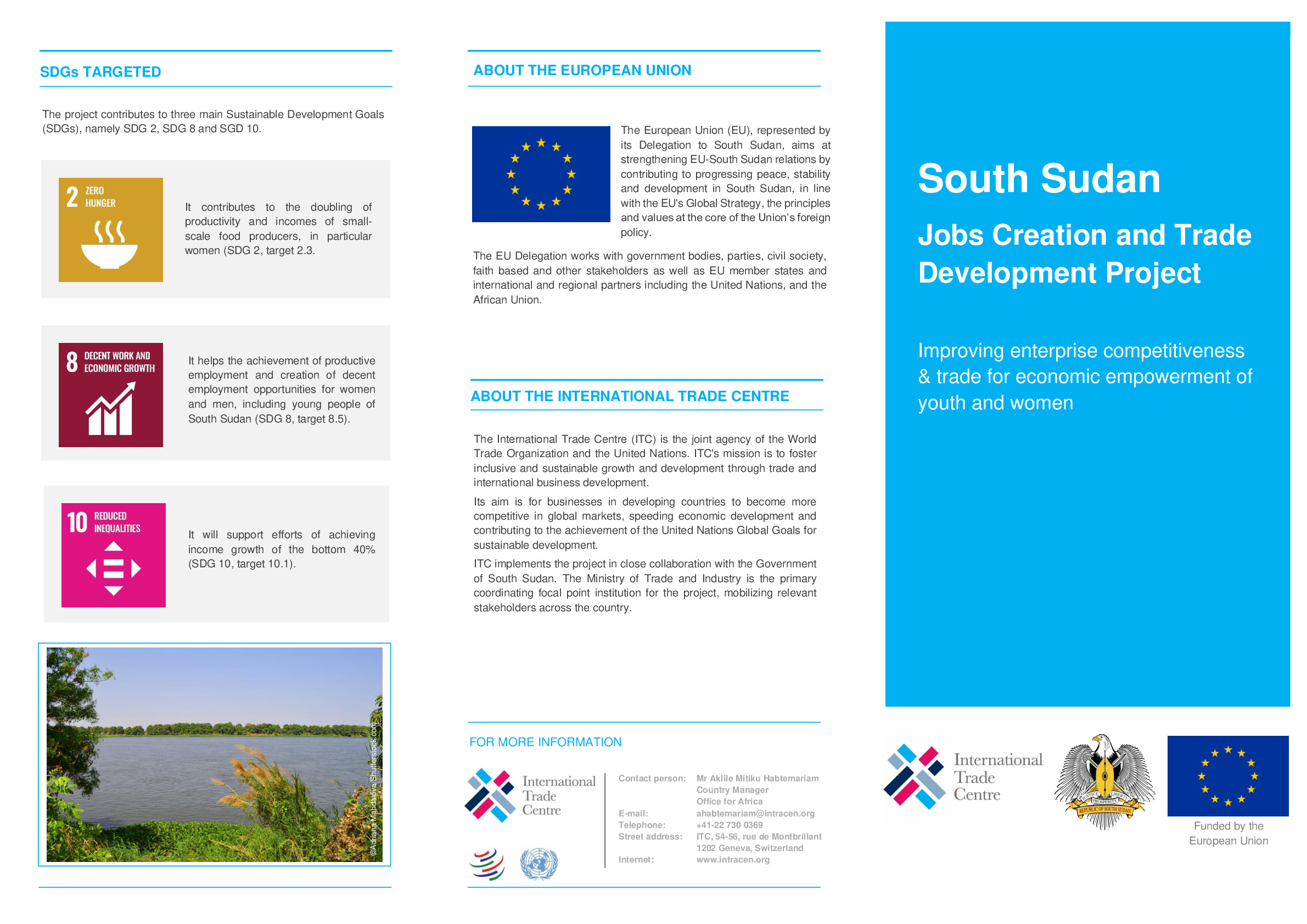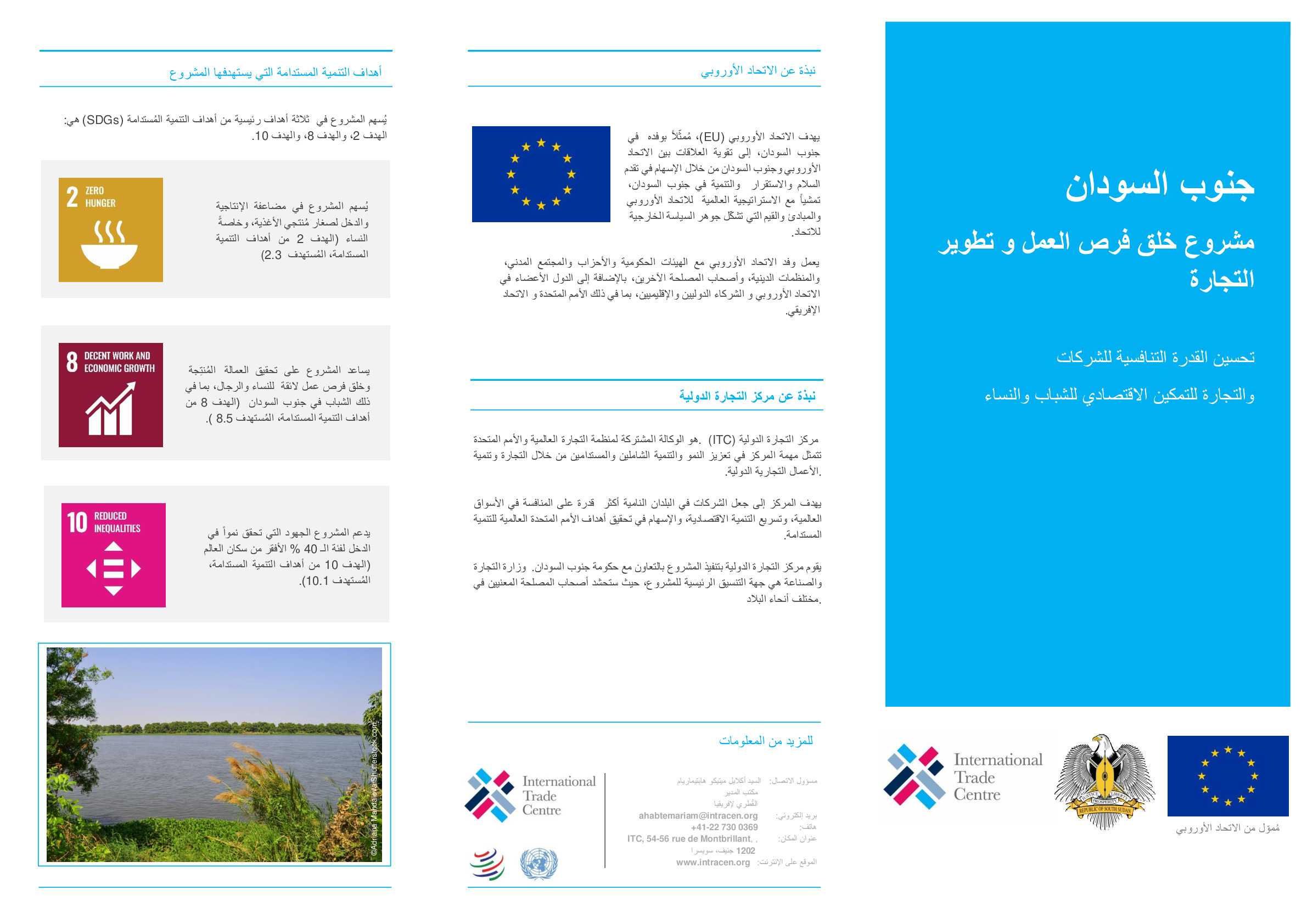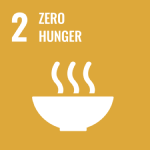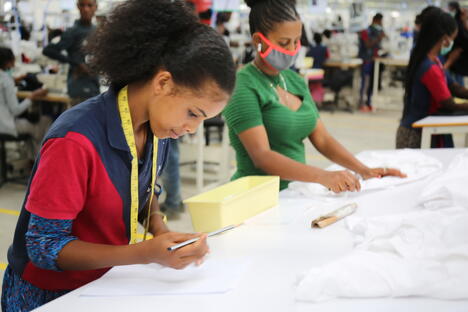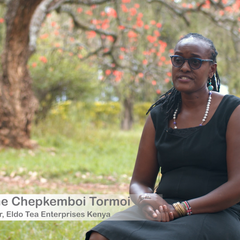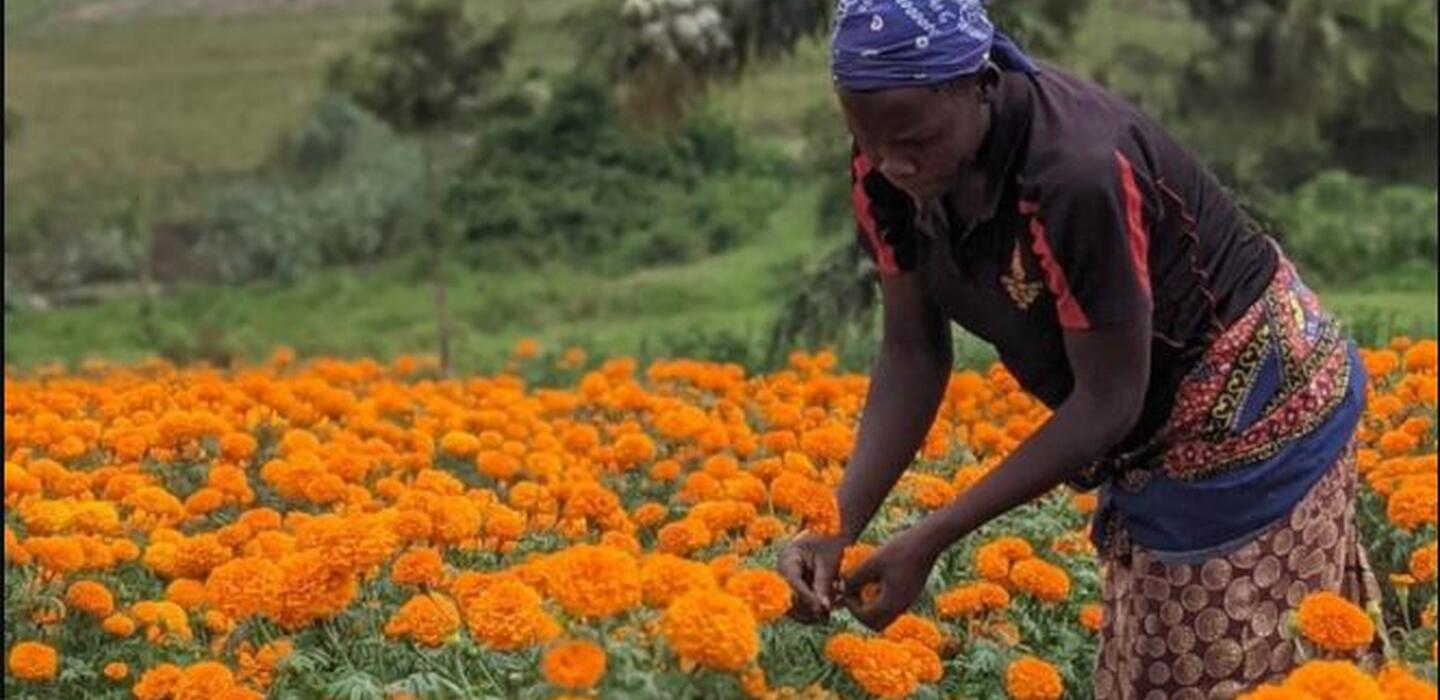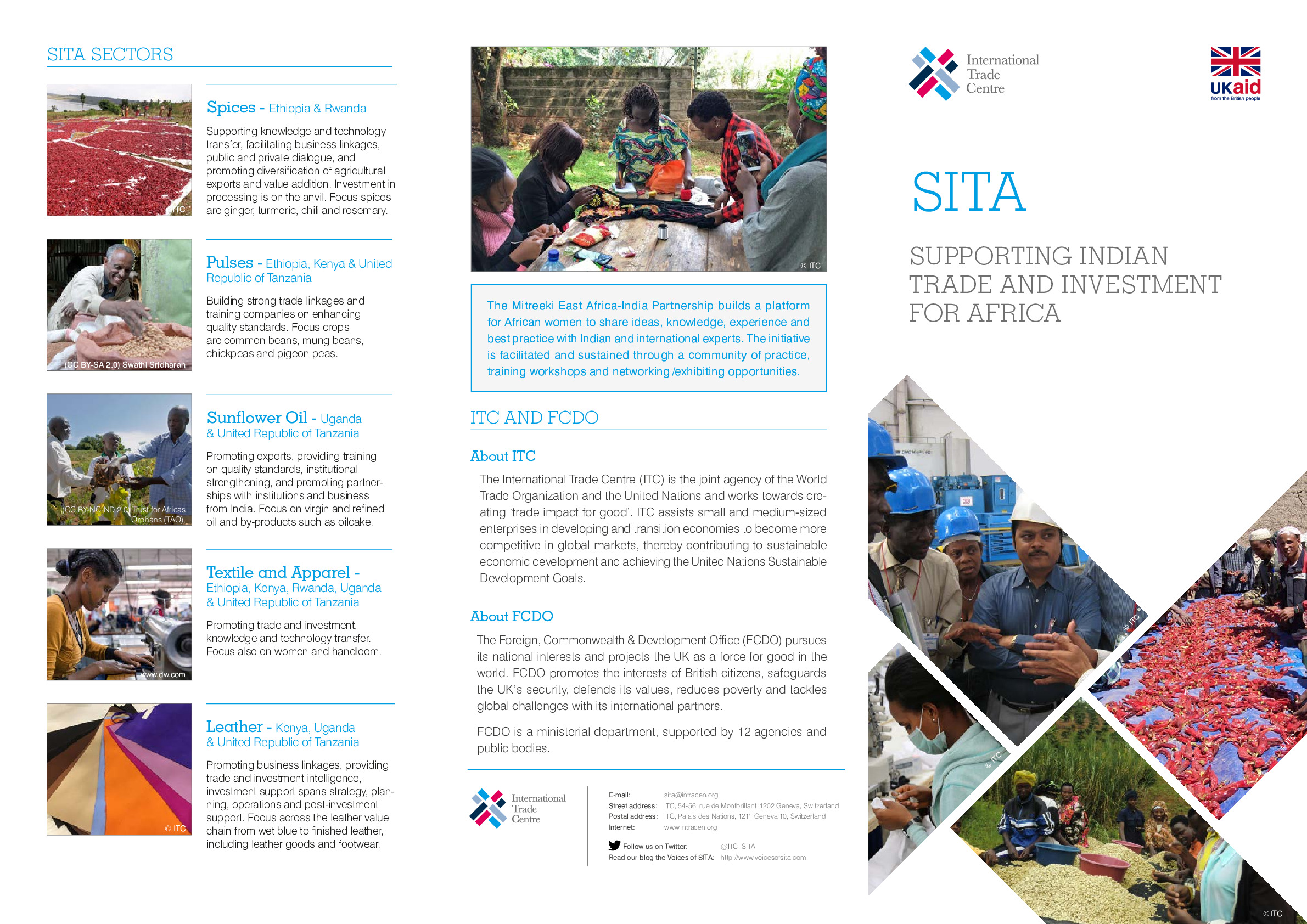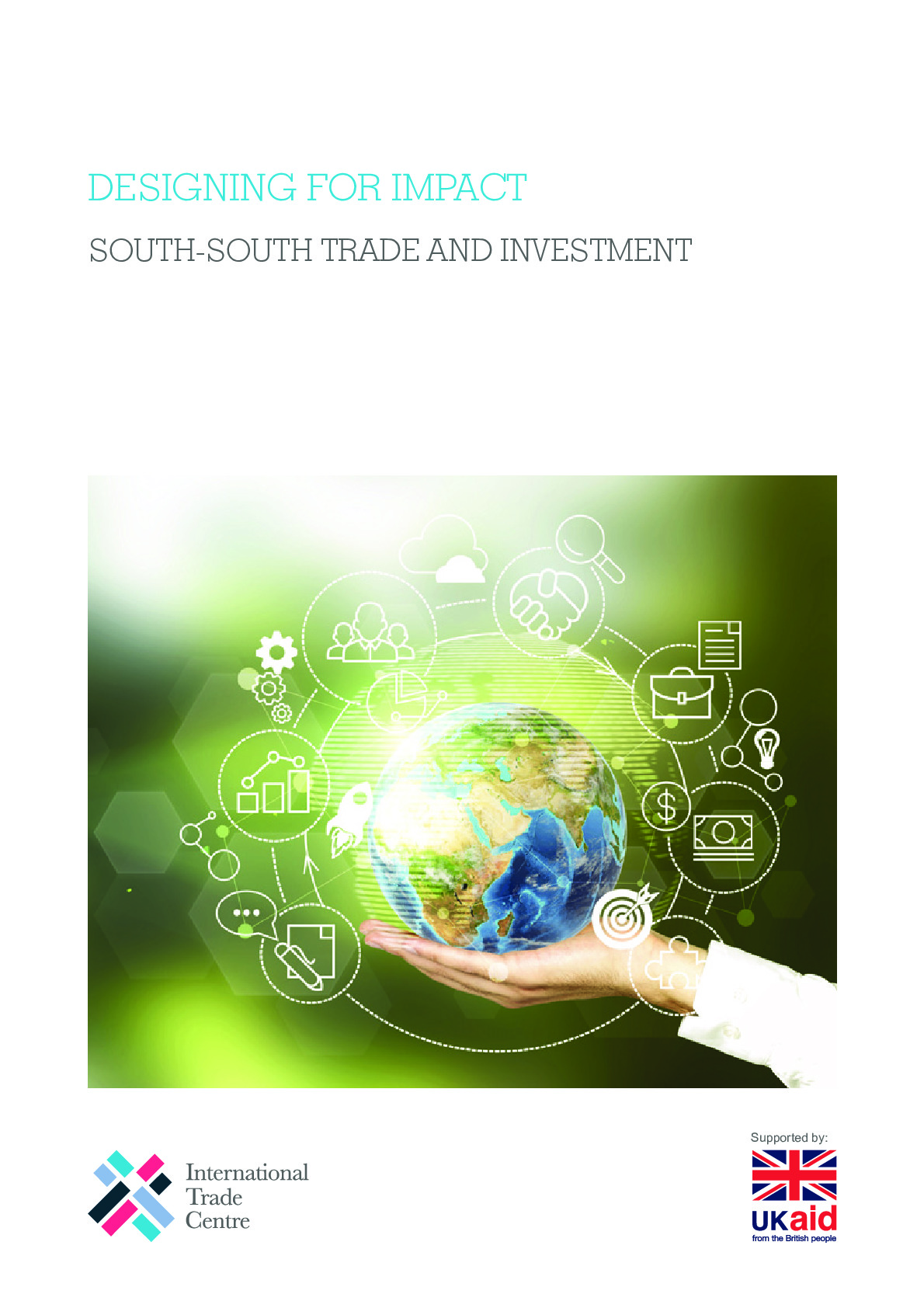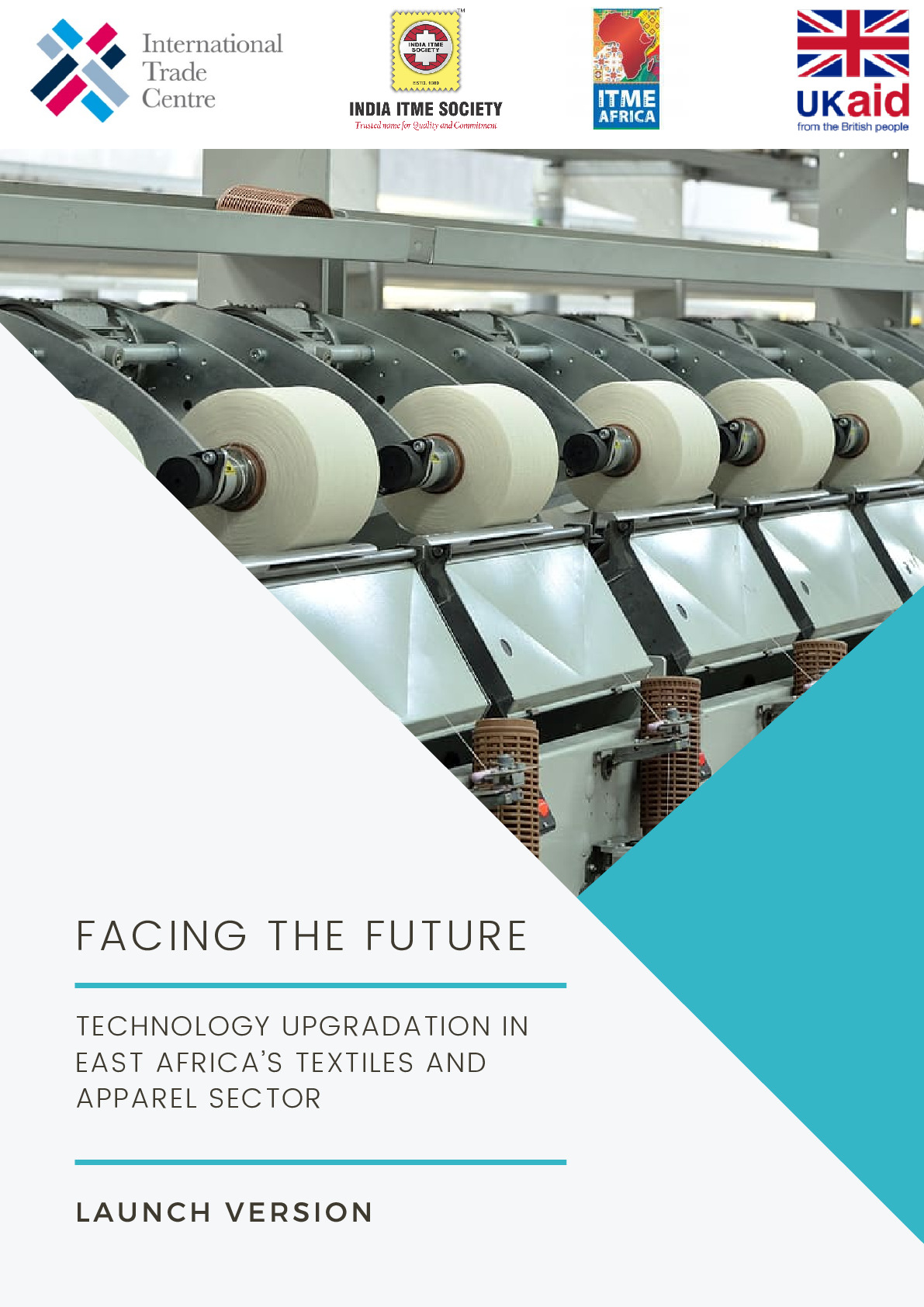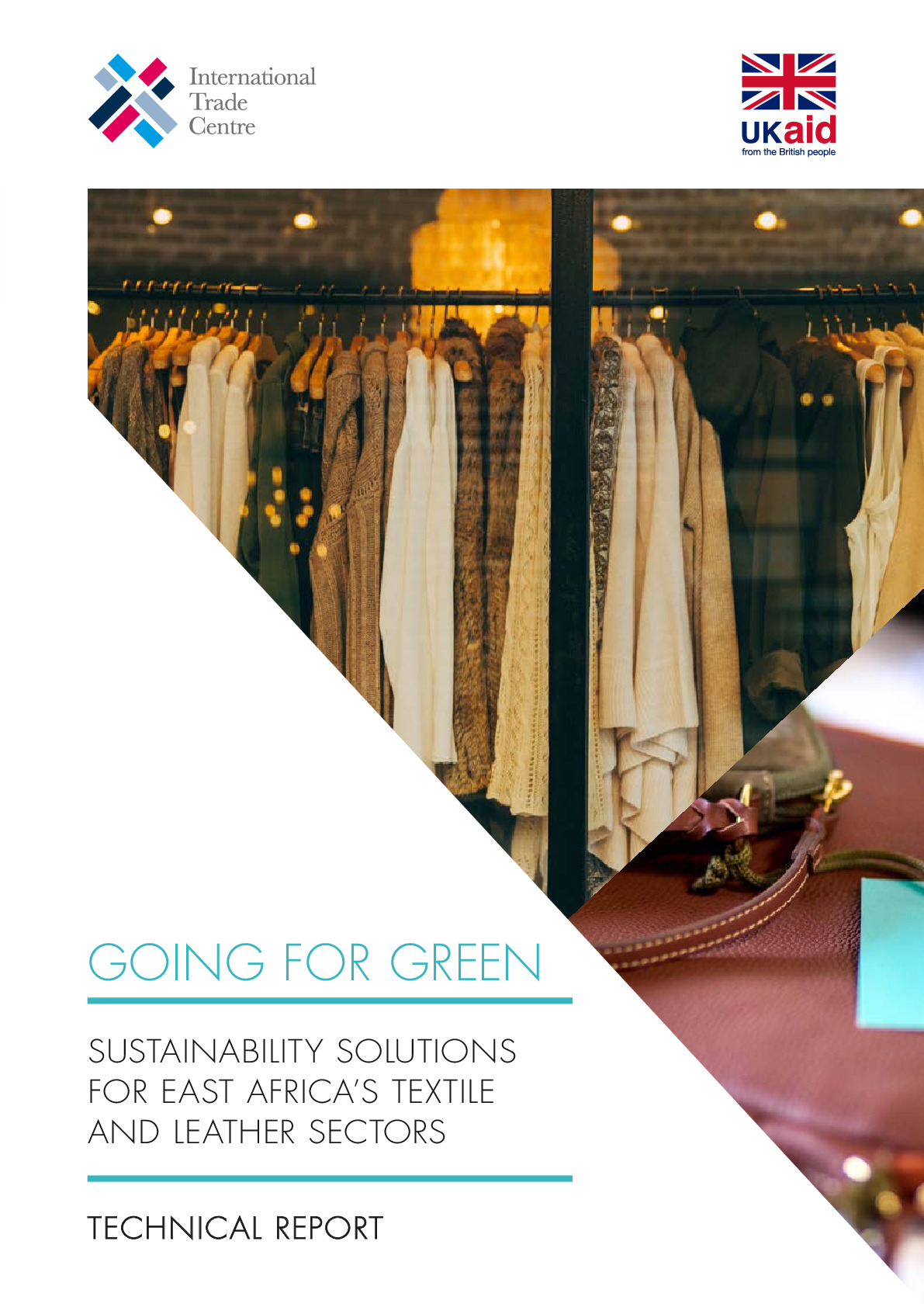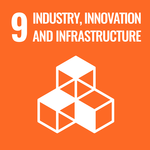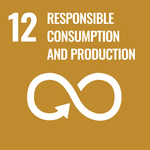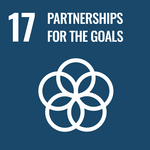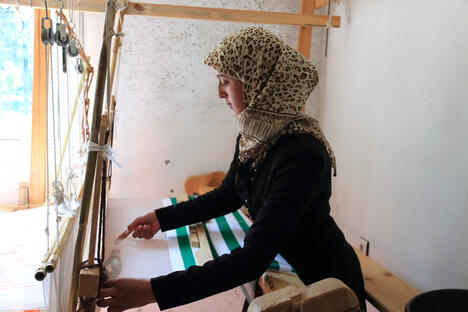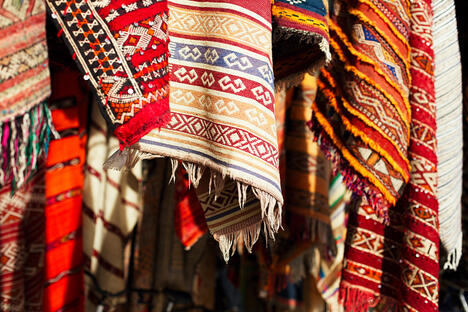Refugee Employment and Skills Initiative: Building Solutions for Somali Refugees in a Fragile Protracted Displacement Scenario (RESI Dadaab II)
Economic opportunities for refugees and their hosts
The International Trade Centre’s Refugee Employment and Skills Initiative (RESI) provides innovative, trade-led and market-based solutions to create jobs and generate income for refugees and the communities where they live.
RESI works with refugees and their host communities in Gaza, Kenya, and Somalia in the areas of online freelancing and home décor. These areas provide viable paying jobs for people in unstable conditions who may be subject to such security challenges as movement restrictions and repatriation.
We provide training and mentorships and through our private and public partnerships, link the unique skills of the different communities to market needs for specific services and products.
RESI is ITC’s first direct implementation in refugee camps. Through collaboration with partners like the Norwegian Refugee Council (NRC), RESI is a great example of what humanitarian-development cooperation can achieve.
Sustainable Development Goals
<p>RESI deploys innovative ways to address self-reliance and economic resilience in protracted humanitarian situations. The RESI Dadaab project will provide support to entrepreneurship and business development for income generation to address the rapid phasing out of humanitarian assistance in the Dadaab camps and support Somali refugees to be able to maintain their well-being in the immediate future, including by supporting returnees in Somalia. </p><p>The Area Based Livelihoods Initiative –Garissa (ABLI-G) is a three (3)-year project funded by the European Union (EU) Trust Fund for Stability and Addressing the Root Causes of Irregular Migration and Displaced Persons in Africa (EUTF). The project aims to further promote an enabling environment for income generation in terms of access to formal and informal business opportunities and freedom of movement, finance, market linkages, and more. ABLI - G aligns closely to the work done already under RESI and is a continuation of the work being done to develop the digital services and artisanal value chains in Dadaab and Garissa County. </p>




